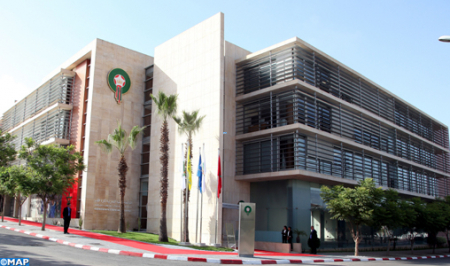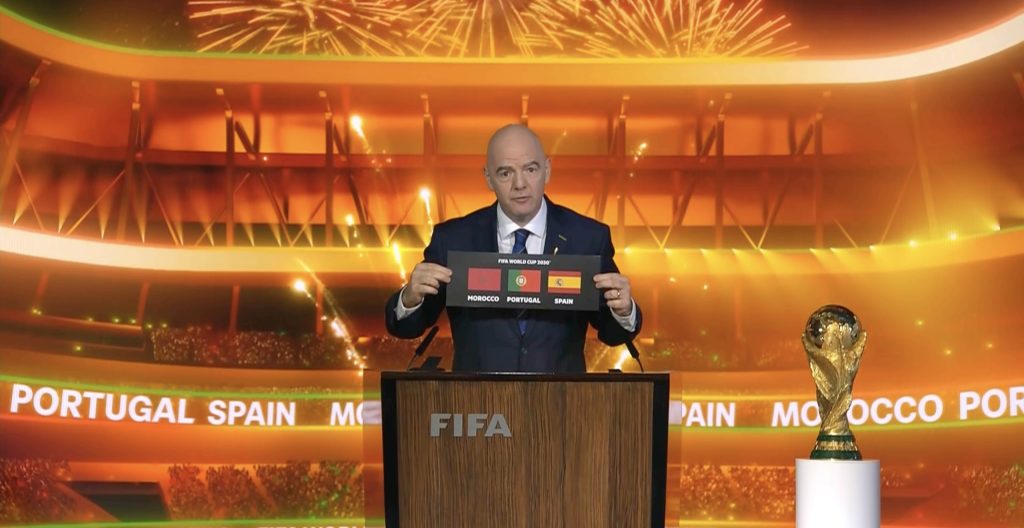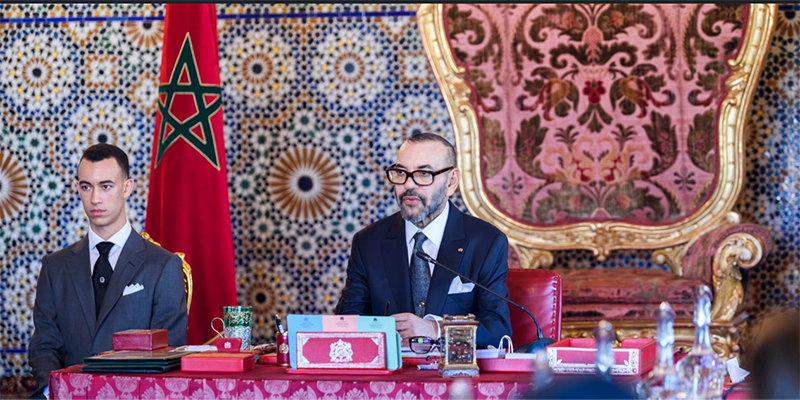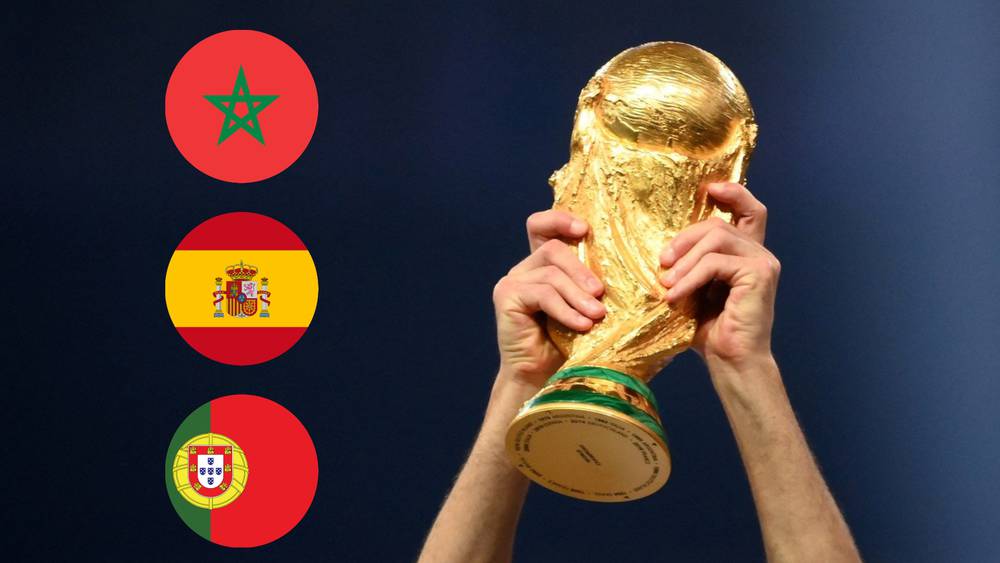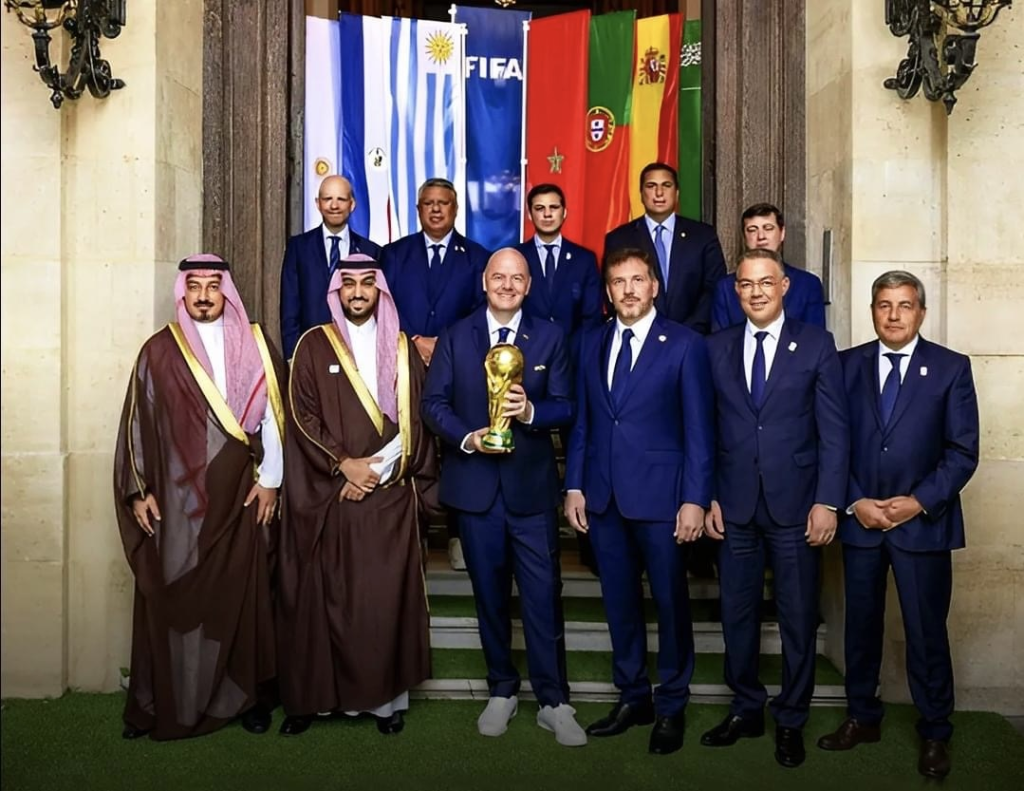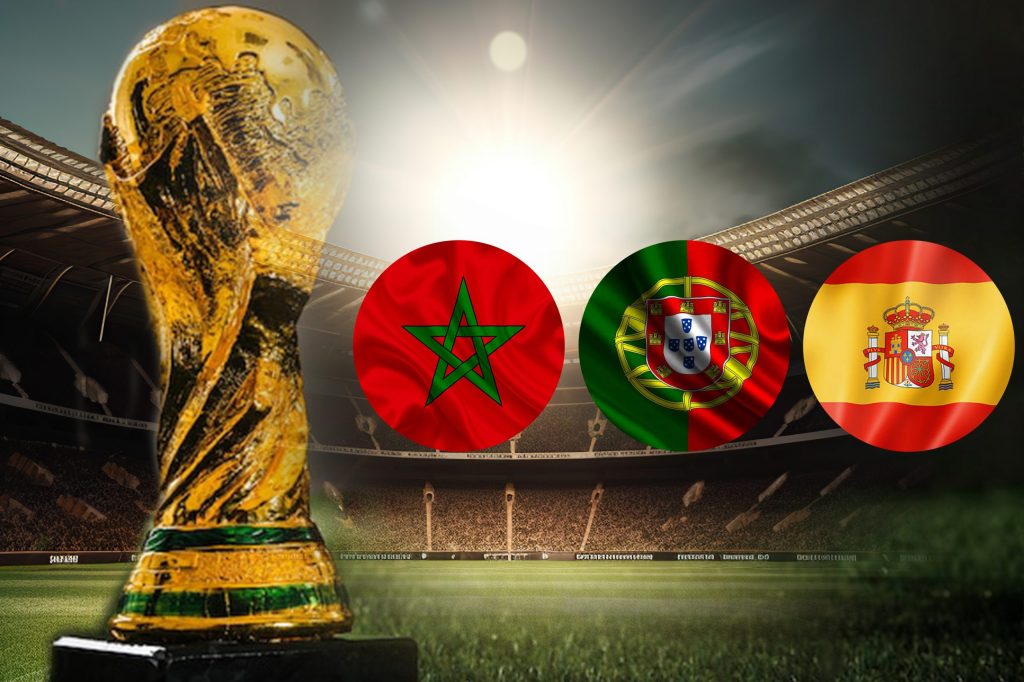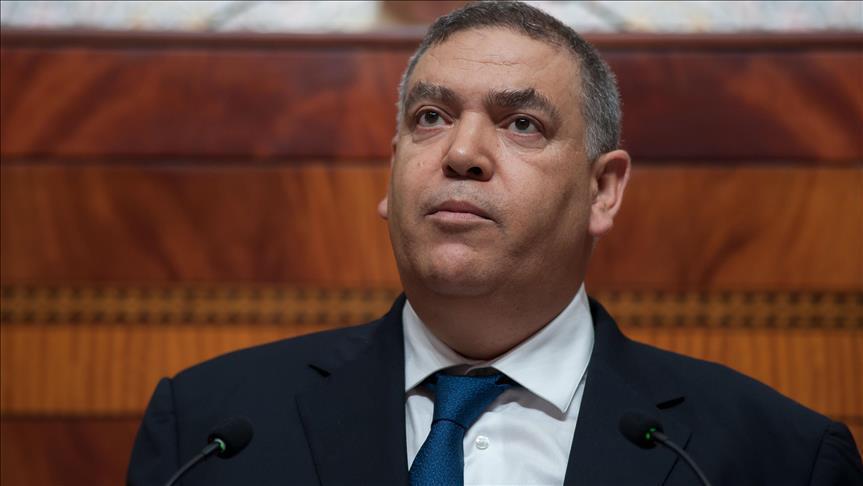His Majesty King Mohammed VI, may God assist Him, chaired, on Wednesday at the Royal Palace in Rabat, a Council of Ministers, according to a statement from the Spokesperson of the Royal Palace.
Here follows its translation:
“His Majesty King Mohammed VI, may God assist Him, chaired, this Wednesday, December 4, 2024, corresponding to Joumada II 02, 1446 H, at the Royal Palace in Rabat, a Council of Ministers.
At the outset of the Council’s session, Mr. Fouzi Lekjaa, Minister Delegate to the Minister of Economy and Finance in charge of the Budget and Chairman of the 2030 World Cup Committee, delivered a presentation before His Majesty the King, may God preserve Him, on the progress of the Kingdom’s preparations to host this international sporting event.
The Minister provided an overview of the various stages achieved in Morocco’s bid, tracing its progress since His Majesty the King, may God glorify Him, announced on March 14, 2023, in Kigali, the joint candidacy with Spain and Portugal to host the 2030 World Cup. The Minister also highlighted the Sovereign’s announcement to the Moroccan people on October 4, 2023, regarding FIFA’s Council’s unanimous decision to select the Morocco-Spain-Portugal bid as the sole candidacy, which sparked an extraordinary mobilization to prepare a bid dossier fully aligned with FIFA’s specifications and requirements.
The Minister added that this tripartite bid submitted to FIFA on July 29, 2024 is the fruit of a strong and unprecedented mobilization by the working groups created for this purpose, in particular at the level of ministerial departments, public institutions, companies and local authorities concerned.
FIFA’s evaluation report on the bid, published on November 29, 2024, awarded an outstanding score, far exceeding the stipulated requirements. This remarkable achievement sets the stage, God willing, for the Morocco-Spain-Portugal bid to be officially awarded the hosting rights for the 2030 World Cup during the upcoming extraordinary FIFA Council Congress.
To rise to the challenge of an organization that lives up to the aspirations of His Majesty the King, may God assist Him, the Minister announced that, in accordance with the High Royal Directives, an expanded committee will be established, which includes representatives from civil society, Moroccan expatriates, and African talents.
The mobilization will be further reinforced through coordinated efforts with all stakeholders to expedite the execution of strategic and structuring projects relating to hosting this global event, in particular:
– Upgrading stadiums;
– Expanding and renovating airports in the six host cities;
– Enhancing road infrastructure and densifying intra-urban networks;
– Launching an integrated territorial upgrading program that extends beyond the host cities of the World Cup games;
– Developing hotel and commercial infrastructure;
– Strengthening and modernizing medical services;
– Developing and modernizing telecommunications networks;
– Launching a comprehensive training program to strengthen the skills of young people.
At the end of his address, the Minister said that the 2030 World Cup will not only be a sporting event, but also a unique opportunity to accelerate the growth momentum of the national economy over the next few years, create more job opportunities, boost the country’s tourist appeal and promote the universal values of peace, unity and sustainable development.
Then, the Council of Ministers approved six international conventions, of which four are bilateral and two are multilateral, aimed at strengthening cooperation and partnership ties between Morocco and several friendly and brotherly countries, as well as reinforcing its continental and international positioning.
The bilateral conventions focus on enhancing cooperation with several friendly European countries and address the mutual recognition of driving licenses, cooperation in criminal justice matters and the improvement of efficiency in combating cross-border crime, as well as military and technical cooperation.
The two multilateral conventions pertain to offences and certain other acts occurring on board aircraft, and the Charter on creating the Digital Cooperation Organization.
In accordance with the provisions of article 49 of the Constitution and on the proposal of the Head of Government and on the initiative of the Minister of Energy Transition and Sustainable Development, His Majesty the King, may God glorify Him, has kindly appointed Zouhair Chorfi as Chairman of the National Electricity Regulatory Authority.
In this regard, His Majesty the King has given His High Instructions to consider a far-reaching reform of this body in order to transform it into a regulatory authority for the energy sector, by revising its respective law, broadening its scope to include, other than electricity, all the components of the energy sector. These include natural gas, new energies such as hydrogen and its derivatives, as well as production, storage, transport and distribution, in order to keep pace with the maturity that the energy sector has reached in our country, and to be in line with international best practices in this field.
